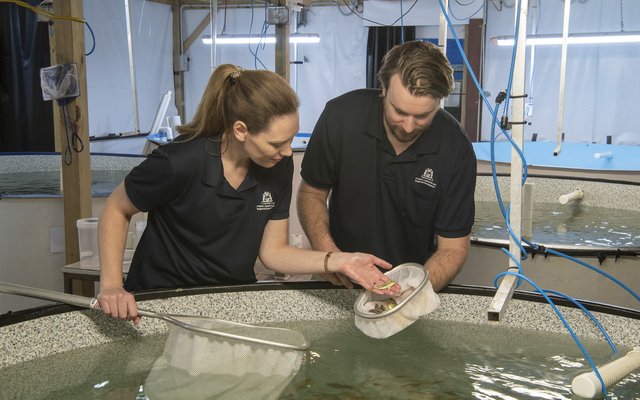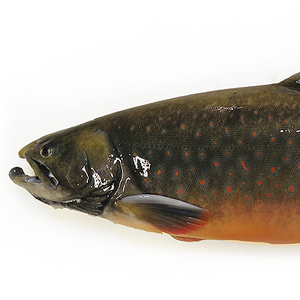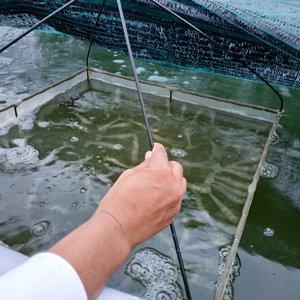West Australian researchers working at the Department of Primary Industries and Regional Development’s (DPIRD’s) Marine Finfish Hatchery in Fremantle have found significant potential in using single-cell protein (SCP) to reduce the use of fishmeal in aquafeeds for juvenile yellowtail kingfish.
They have found that by replacing 25% of the fishmeal in diets of juvenile yellowtail kingfish, an equal growth and improved feed conversion ratio was achieved when compared with a commercial fishmeal diet.
Now the challenge for researchers is to find a way of improving the palatability of the single-cell proteins to make them more attractive to the yellowtail kingfish and potentially increase the percentage of SCP that can be used as a replacement for fishmeal.
“Previous SCP trials we have done on barramundi at the Marine Finfish Hatchery in Fremantle suggest we can use up to 75% of this alternative protein in combination with fishmeal and attain an increase in growth of the fish with a significantly improved feed conversion ratio,” said Lindsey Woolley, researcher from DPIRD. “As well as single-cell protein aquafeed trials, we have also used black soldier fly larvae to successfully replace fishmeal in a finfish diet and maintained good growth rates. We found black soldier fly larvae could replace as much as 50% of the fishmeal with equal growth and without health impacts on yellowtail kingfish. The larvae and the SCP may prove to be highly sustainable alternative proteins for the aquaculture industry.”
Luke Pilmer, a DPIRD aquaculture technical officer, undertaking his PhD through the Centre for Sustainable Aquatic Ecosytems at Murdoch University, has published his findings in a science paper. He worked with DPIRD’s Lindsey Woolley and Gavin Partridge and others at the Fremantle Hatchery. This research has been funded through the Fisheries Research and Development Corporation and industry partners, Indian Ocean Fresh Australia Pty Ltd and Ridley Agriproducts.













